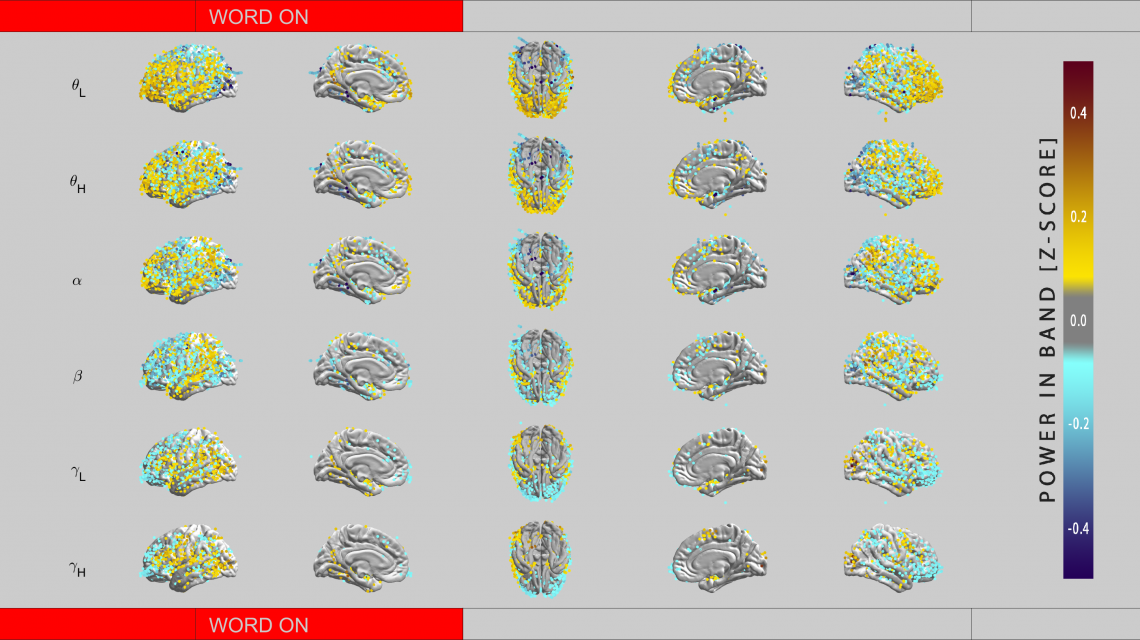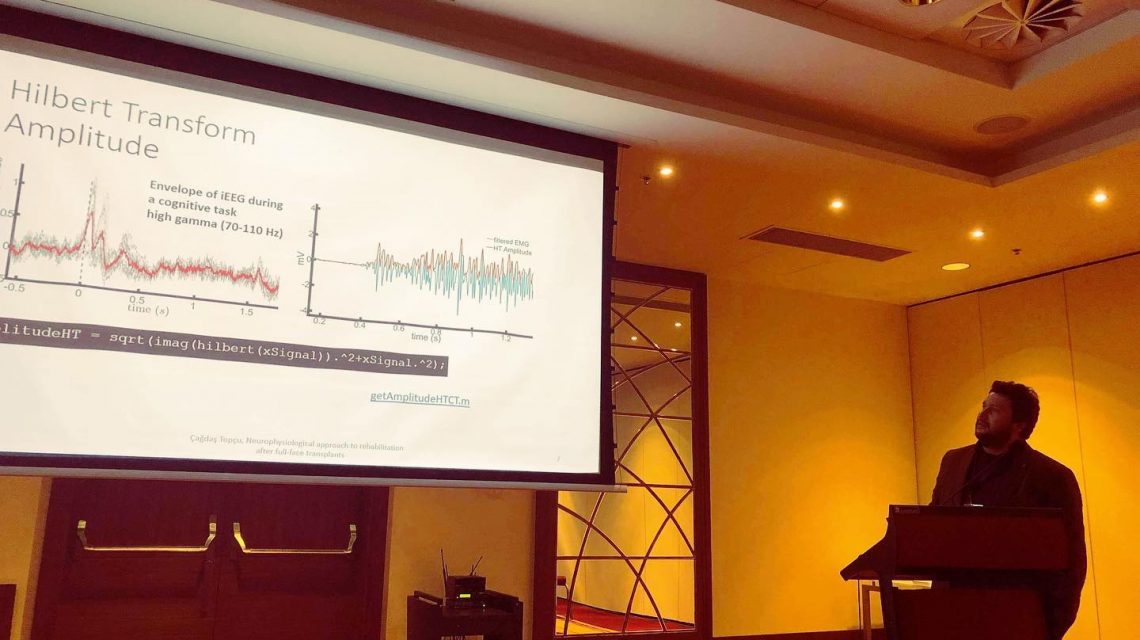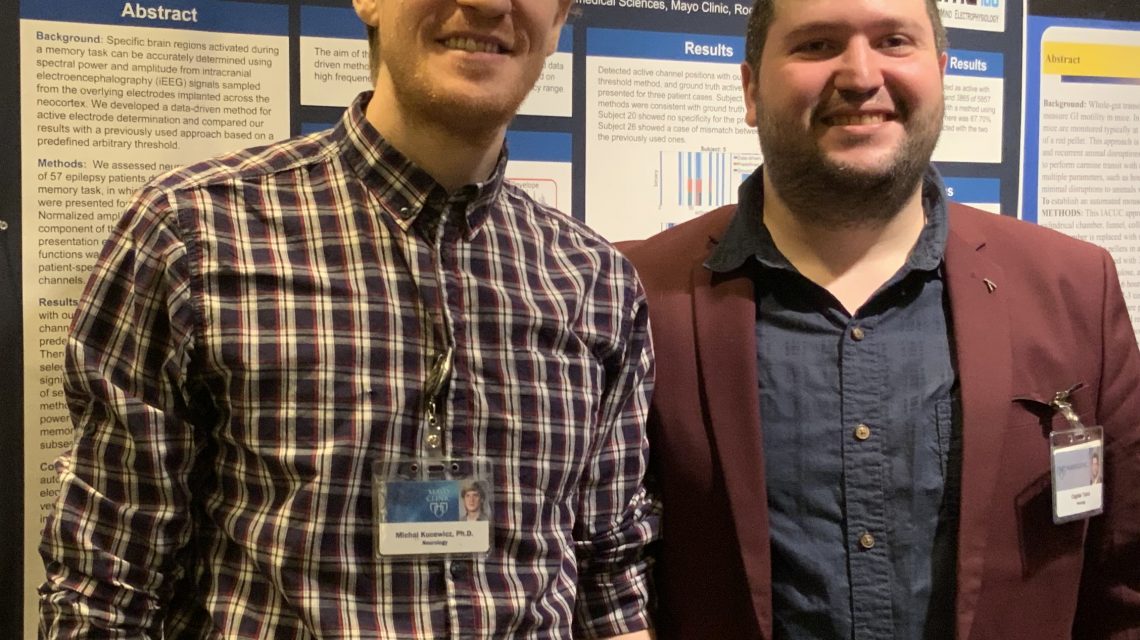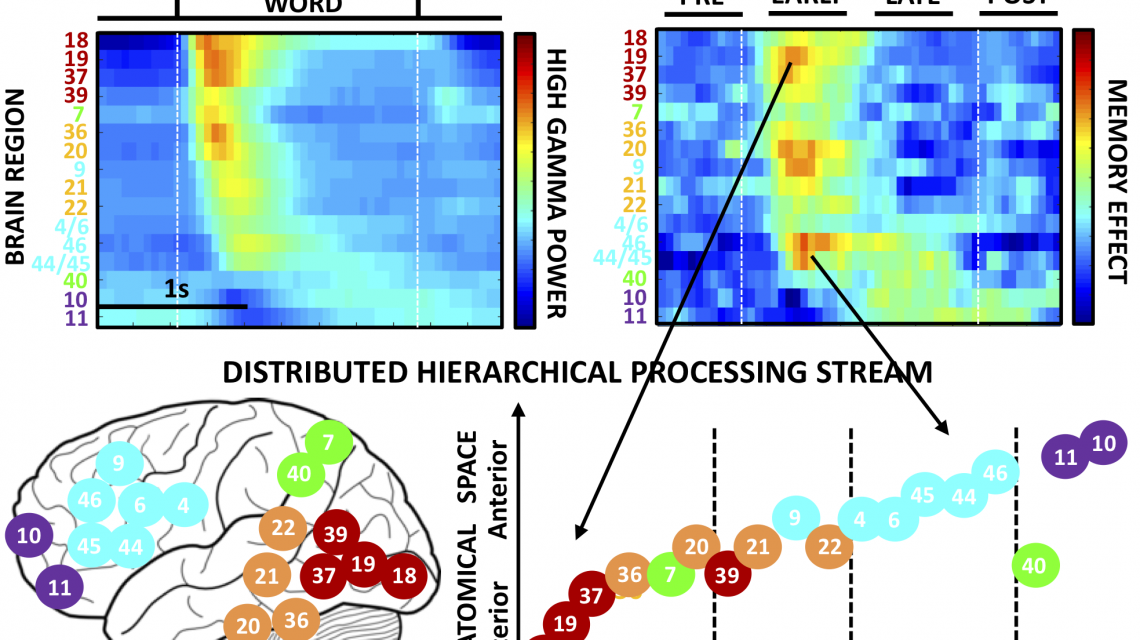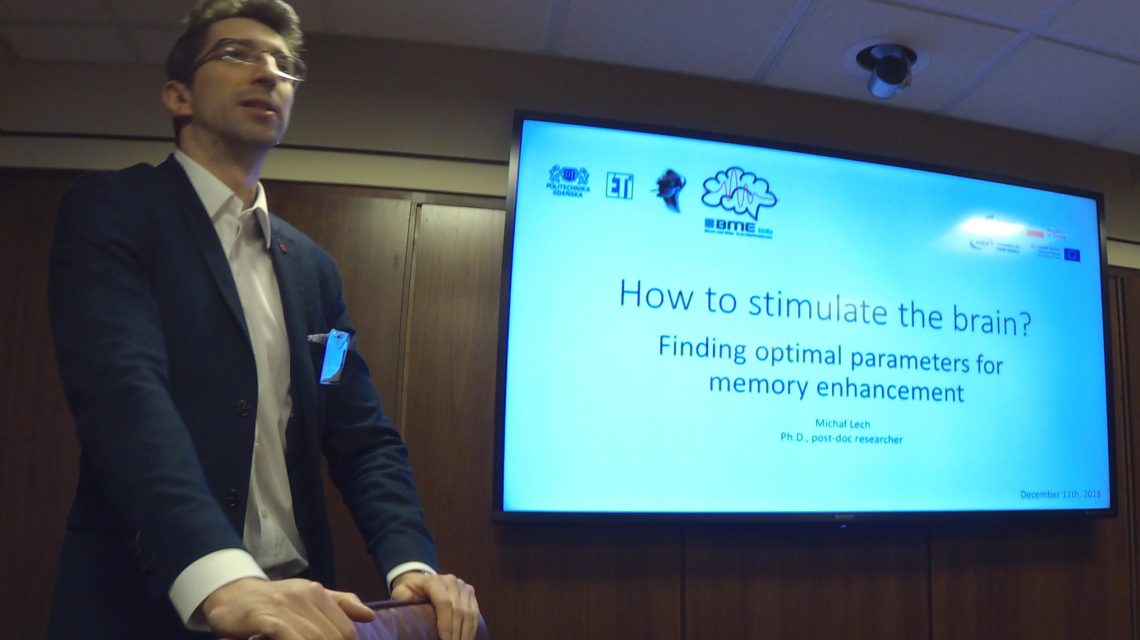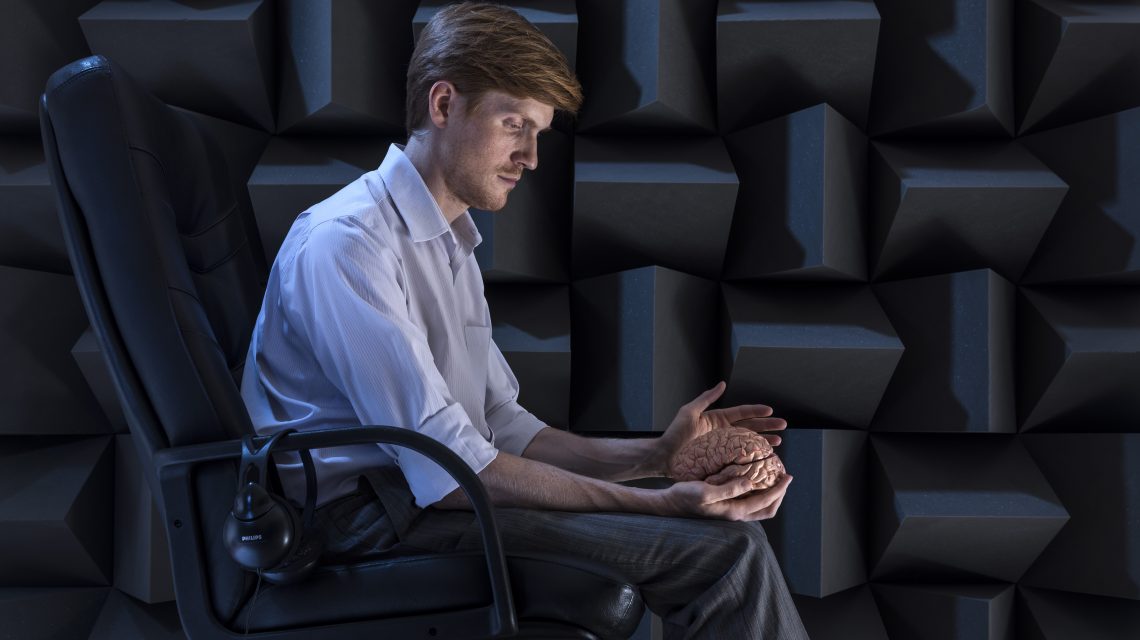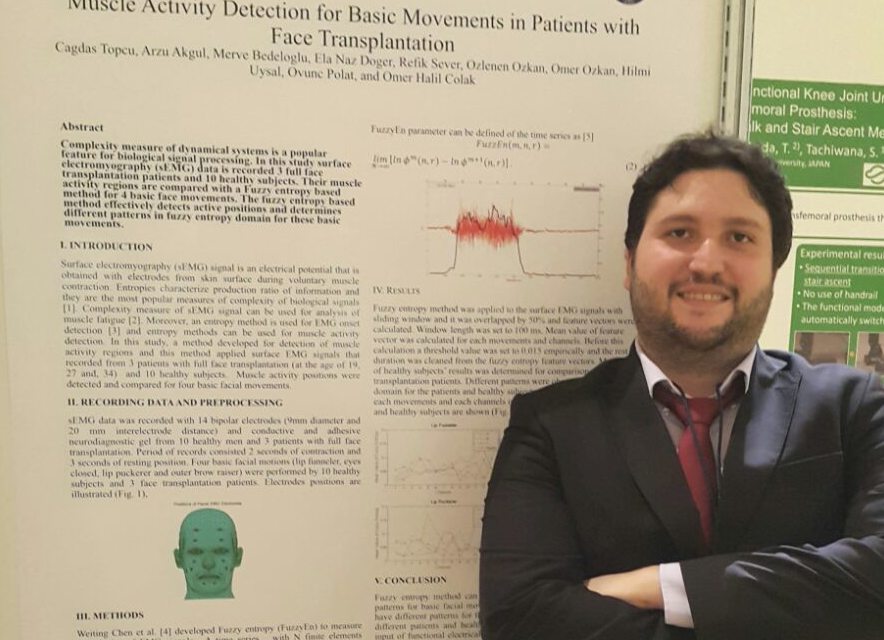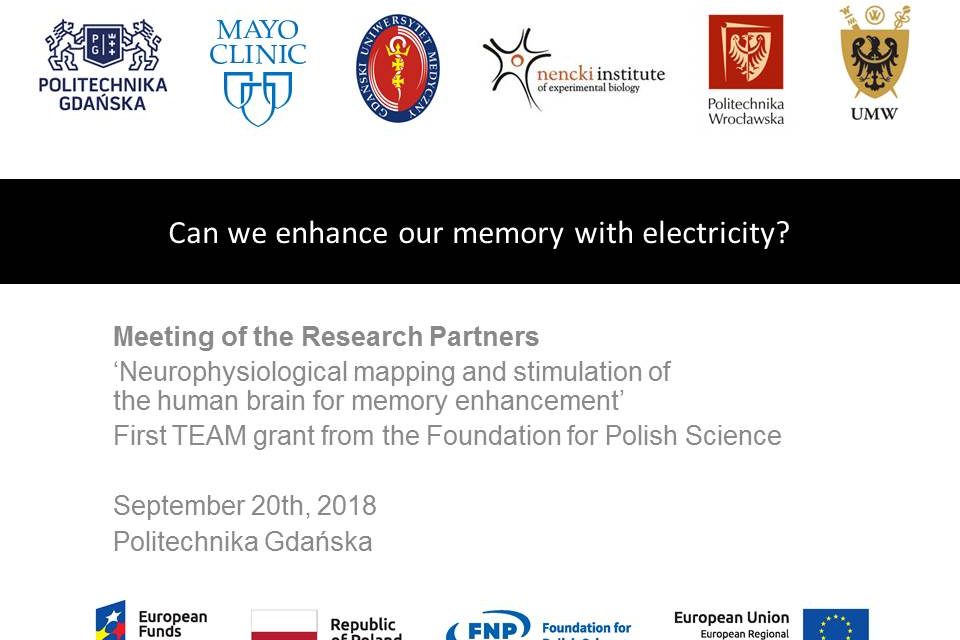New BME lab video is going to show how the brain memorizes words!
Theodore Thayib joined our BME lab as a summer undergrad student to help us with a challenging task to visualize brain activity collected from over 150 patients remembering lists of words. Theo’s skills and talents in computer sciences, which he studies as major at the Iowa State University, enabled us to follow the brain waves that underlie thinking and memorizing words across multiple dimensions of the 3D brain anatomy, time of word presentation, and six different…
Continue reading
